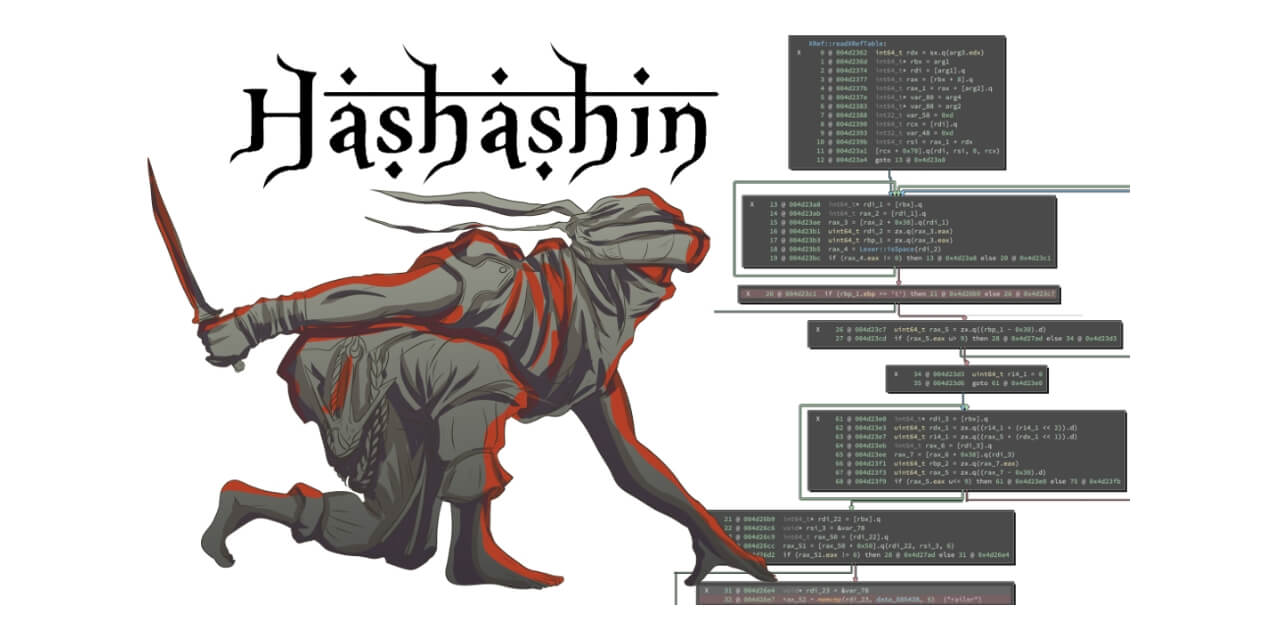By Hannah Lincoln & the M3 Team
Hannah Lincoln is the Lead China Subject Matter Expert at Two Six Technology’s Media Manipulation Monitor (M3). M3 tracks Chinese government manipulation—such as censorship, propaganda, and inauthentic amplification—of traditional and social media, as well as other types of data. Our system provides a unique quantitative look at the PRC’s objectives, sensitivities, and vulnerabilities, which we uncover as we monitor what information it seeks to control, silence, and spread online—at home and abroad.
This is the second in a series of posts examining patterns in the People’s Republic of China (PRC) government’s online behavior. See the previous blog post for more information on the PRC’s global messaging approach: “PRC Global Overt Messaging Largely Risk Averse, Despite Occasional “Wolf Warrior” Outbursts”
The People’s Republic of China (PRC)’s global messaging patterns show that Beijing aims to undermine global faith in democracy by recasting it as a relativist concept rather than criticizing it directly. When PRC accounts are directly critical of the US, they tailor their anti-US narratives by region for optimal impact. In pursuing these messaging goals, Beijing opportunistically echoes Russian propaganda, but does not align all its content with Moscow.
What the data shows: Based on a review of online content and narrative manipulation from PRC officials, state media, and inauthentic pro-PRC accounts in the Chinese and global information environments between 2020–2023, M3 found that:
- Insight 1: Official and pro-Beijing accounts on Twitter spread doubt about democracy by recasting it as a relativist concept—self-defined by a country’s government—but do not directly criticize democracy itself.
- Insight 2: PRC accounts adjust their messaging priorities by country based on Beijing’s regional interests, tailoring anti-US narratives.
- Insight 3: The PRC amplifies Russian narratives that serve the PRC’s interests, in particular aligning on anti-US narratives, but does not align all its content with Moscow.
Insight 1: Official and pro-Beijing accounts on Twitter spread doubt about democracy by recasting it as a relativist concept—self-defined by a country’s government—but do not directly criticize democracy itself
PRC accounts on Twitter, including both officially affiliated and inauthentic pro-Beijing accounts, do not frequently criticize democracy in direct terms. Instead, they rely on negative portrayals of the US and its allies to undermine US credibility in modeling democracy while recasting democracy as a system that can be self-defined by a country’s government.
- Official PRC Twitter content about democracy aims to undermine the US’s reputation as an upholder of democracy and human rights. The PRC’s global messaging about democracy surged in March as Beijing pushed narratives portraying China as a better arbiter of democratic values and human rights than the US. (Figure 1). The PRC has promoted these narratives for several years on global social media platforms and appears to be emphasizing them recently, likely in response to the US’s Summit for Democracy on 29 March and possibly as part of General Secretary Xi Jinping’s Global Civilization Initiative (GCI).
- Promoting narratives of “US failure” and “democracy multipolarity.” Official PRC-affiliated Twitter accounts mostly promoted the narratives that the US had failed at cultivating democracy at home and abroad and that democracy was multipolar—in other words, up to a country’s government to define. (Figure 2)
- “US democracy failure:” PRC-affiliated content cited various issues as evidence of US failure to cultivate democracy at home and abroad, including gun violence and poverty in the US and perceived US failure in the Middle East.
- “Democracy multipolarity:” Beijing aims to push the concept that democracy is multipolar. In other words, individual governments have the right to decide whether or not a country is democratic, and other countries do not have a right to judge.
- Inauthentic pro-PRC accounts frequently criticize democratic countries and democracy advocates, in particular members of the Chinese diaspora. A random sample of 100 posts authored by the thousands of pro-PRC, inauthentic Twitter accounts in January 2023 determined that they frequently criticized democratic countries or smeared advocates of PRC democracy but infrequently spread content about elections (Figure 3).



Insight 2: PRC accounts adjust their messaging priorities by country based on Beijing’s regional interests, tailoring anti-US narratives
Around 10% of the PRC’s official messaging on global social media platforms mentions the US. Half of the content mentioning the US included anti-US narratives and the other half was neutral or factual headline news about the US. On Twitter between March 2022–February 2023:
- PRC-affiliated accounts portrayed the US as having escalated the Ukraine-Russia war, interfered with China’s domestic affairs, and provoked conflicts around the world. It also highlighted US domestic issues such as gun violence and border control.
- The US-related tweets garnering the most engagement claimed that the US profited from provoking wars, bullied other countries into serving American interests, and lacked protection for abortion rights. Figures 5 & 6


We assessed data from more than 400 Twitter accounts associated with the Chinese government and compared the number of tweets they authored on seven of the topics that M3 identified as likely Beijing’s messaging priorities (Figure 7). Between March 2022–February 2023, Beijiing emphasized:
- Belt and Road promotion in Global South: PRC-affiliated accounts’ tweets discussing Belt and Road Initiative (BRI) and other infrastructure projects accounted for 6.6% of the posts authored. In regions such as Latin America, sub-Saharan Africa, Australia and Oceania, and South and Central Asia, a higher percentage of PRC posts discussed infrastructure than US-related content.
- Anti-US narratives in Middle East, North Africa, and East and Southeast Asia: A higher percentage of PRC tweets targeting audiences in East and Southeast Asia as well as in the Middle East and North Africa focused on US-related content, whereas PRC messaging in Australia and Oceania, Latin America and the Caribbean, Sub-Saharan Africa, and South and Central Asia focused on PRC infrastructure and investment.

Tailoring anti-US narratives for specific audiences: M3 detected anti-US narratives in a variety of languages, and the PRC sometimes tailored narratives’ content for regional audiences. Among the 10 posts by PRC Twitter accounts that garnered the most engagement during March 2022–February 2023, some of the anti-US narratives included:
- Anti-US narrative on Taiwan: The US must not interfere with Taiwan, which is an inseparable part of China – appeared in the top 10 most engaged-with posts among PRC Twitter accounts in North America, East and Southeast Asia, and Australia-Oceania.
- Anti-US narrative on military aggression: The US is a military aggressor that has worsened the conflict in Ukraine just as it worsened the situation in the Middle East – appeared in the top 10 most engaged-with posts among PRC Twitter accounts in Europe and the Middle East and North Africa.
- Anti-US narrative on lying about China: The US spreads lies about China, and Western media cannot be trusted, such as regarding human rights violations in Xinjiang – appeared in the top 10 most engaged-with posts among PRC Twitter accounts in South and Central Asia.
Insight 3: The PRC amplifies Russian narratives that serve the PRC’s interests, in particular aligning on anti-US narratives, but does not align all its content with Moscow
The PRC government amplifies content from Russian media and pro-Russia narratives so long as they serve the PRC’s own interests. Anti-US narratives are among the most frequent narratives that Moscow and Beijing agree on.
- Aligning with Moscow on anti-US narratives: Beijing frequently aligns with Moscow on anti-US narratives, in particular narratives that portray the US and NATO as overreaching and provoking Russia to invade Ukraine, which Beijing has also cited as a reason that it needs to defend Taiwan against US encroachment.
- Aligning on Twitter: In the past few months, Beijing has aligned its messaging with Moscow when it accused the US of blowing up the Nord Stream pipeline, promoted a video portraying the US as exploiting Latin America’s natural resources, and spreading disinformation that President Joe Biden plans to destroy Taiwan.
- Aligning on Weibo: In March 2022, Beijing launched a disinformation campaign in its domestic information environment (Weibo) supporting Russia’s narratives about US biolab facilities in Ukraine, promoting this narrative because:
- It falls in line with the Chinese government’s narratives that paint the US as an instigator of international conflicts;
- The campaign helps blame the current conflict between Russia and Ukraine on the US without jeopardizing Beijing’s efforts to maintain neutrality; and
- Russia’s claims help reinforce the conspiracies Beijing has been spreading since 2020 that US biological laboratories—such as US Army base Fort Detrick—are responsible for the COVID-19 pandemic.
- Promoting anti-US disinformation while censoring Western embassies’ rebuttals: M3 analyzed the top 20 disinformation campaigns amplified by PRC government accounts on Weibo during May 2021–April 2022 and discovered the majority of these campaigns referenced US bioweapons or biolabs, and censors hid content from Western countries’ embassy accounts that sought to debunk the disinformation (Figure 8).
- Not aligning with Moscow: Beijing’s official messaging on the Russia-Ukraine war aligns with Russia’s in blaming the US and NATO for provoking the conflict, but differs on how the war should end. Beijing maintains that a swift and peaceful resolution is paramount, and its messaging shows that the PRC likely prioritizes improving relations with Europe over gaining advantages from working more closely with Russia against the US.






